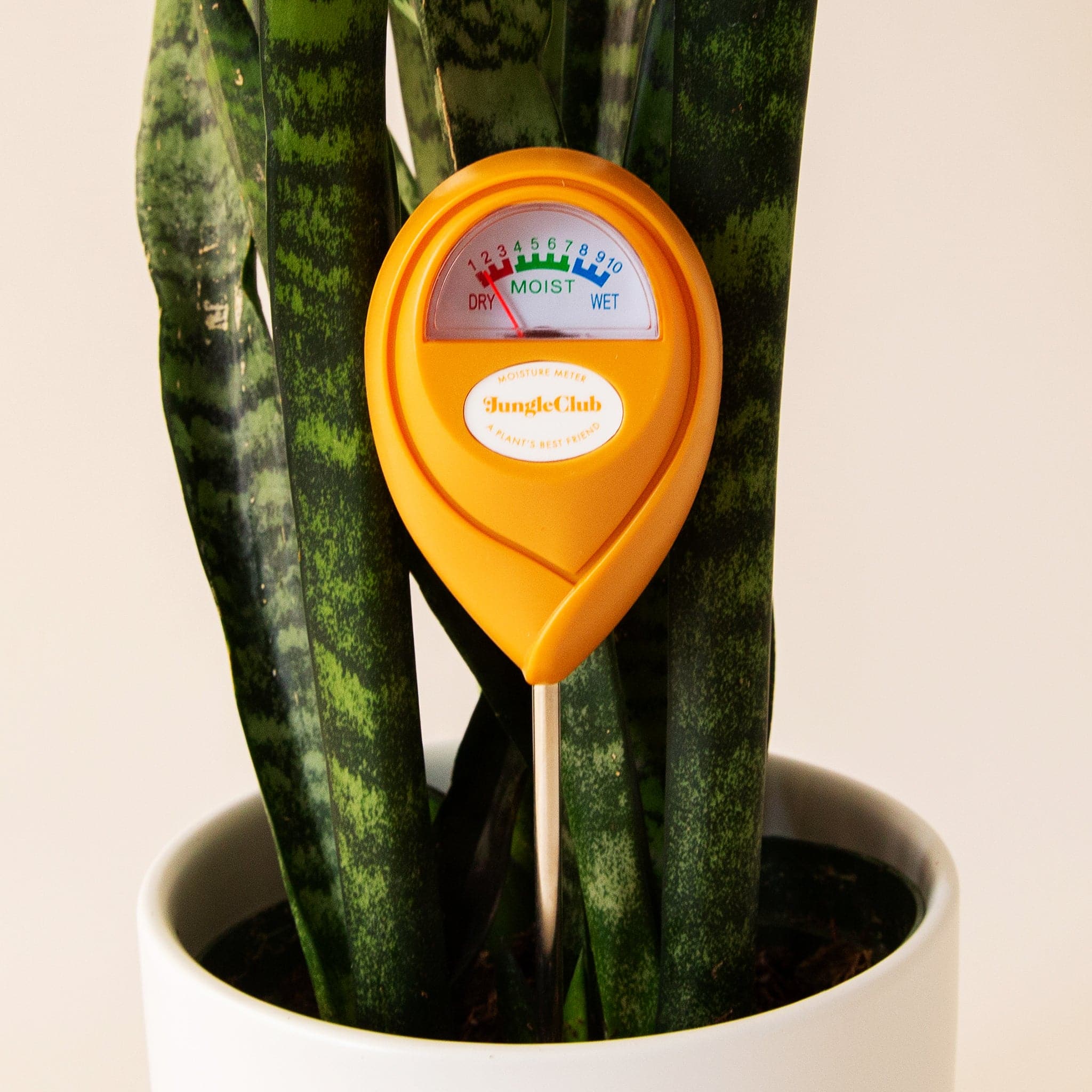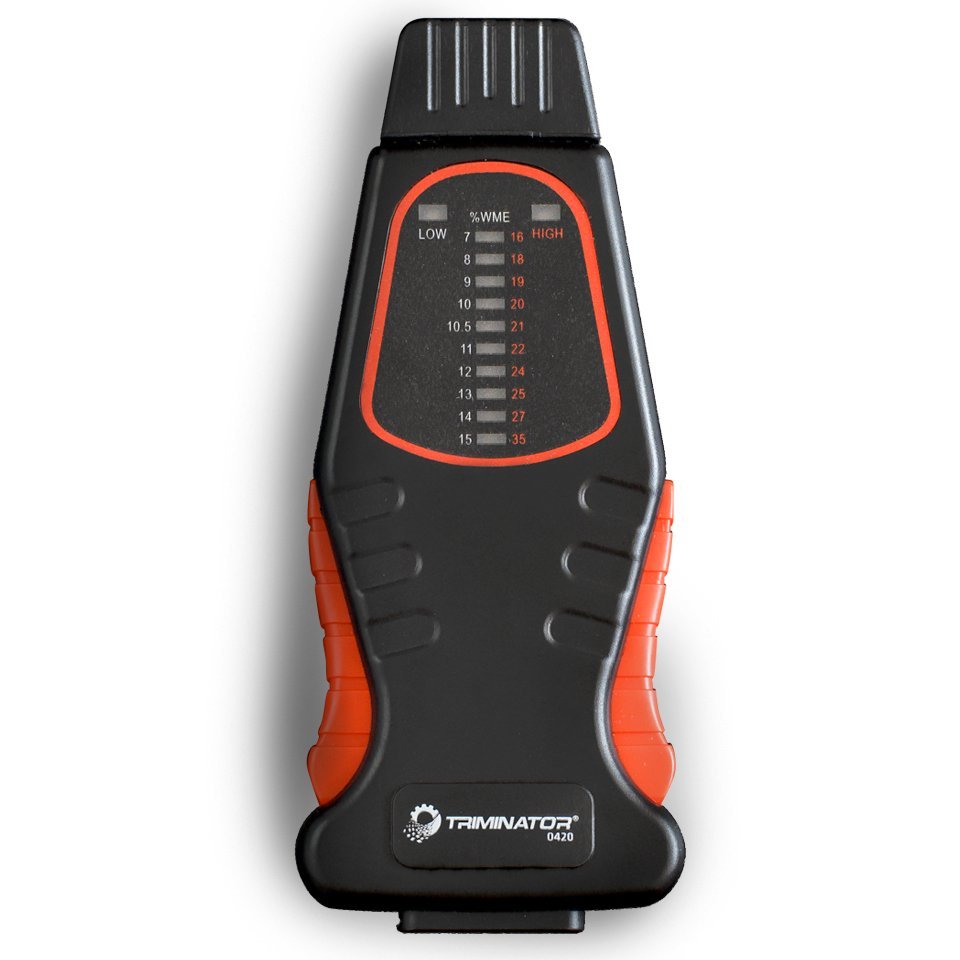The Ultimate Guide to Dampness Meters: A Comprehensive Overview and Just How They Can Conserve You Money
In the world of structure maintenance, construction, and various sectors, the value of properly measuring wetness degrees can not be overemphasized. Dampness meters function as indispensable tools in spotting and keeping track of moisture content in products, helping in preventing pricey damages and making certain the top quality of products. Recognizing the nuances of various types of moisture meters, their applications, and the possible cost-saving benefits they offer can be a game-changer for specialists and companies alike. Discovering just how these devices can not only streamline processes but also add to monetary savings is a journey worth starting.
Kinds Of Moisture Meters
One usual kind is the pin-type dampness meter, which measures the electric resistance between two pins inserted into a material. Pinless moisture meters, on the other hand, usage electromagnetic sensing unit plates to check a bigger area without creating damage to the product's surface area.

Furthermore, there are additionally specialized moisture meters designed for details products like soil, hay, or grain. These meters supply precise moisture analyses tailored to the distinct residential properties of the material being tested. Infrared wetness meters measure the thermal residential or commercial properties of a material to determine its dampness content non-invasively, making them valuable for applications where pin or pinless meters may not be suitable. Comprehending the different kinds of moisture meters readily available can assist industries pick the most appropriate tool for their details wetness dimension requirements.

Benefits of Making Use Of Wetness Meters
Dampness meters use important advantages in properly assessing and keeping an eye on moisture levels in diverse materials and environments. One of the key advantages of utilizing wetness meters is the prevention of possible damages triggered by excess dampness.
Moreover, using wetness meters can lead to increased power performance. In agricultural setups, wetness meters play an important duty in enhancing plant yields by allowing farmers to monitor soil dampness levels and make notified watering decisions.
Exactly How to Pick the Right Moisture Meter
Choosing the appropriate wetness meter entails considering essential variables such as material compatibility, measurement variety, and calibration precision. When choosing a wetness meter, it's important to guarantee that the meter is appropriate for the details material you will certainly be testing. Different materials have differing electric residential properties that can influence moisture readings, so choosing a meter created for your product is critical for accurate results. Furthermore, take into consideration the dimension range of the moisture meter. Guarantee that the meter can discover wetness degrees within the variety needed for your applications. Calibration accuracy is one more essential variable to bear in mind. Select a moisture meter with trustworthy calibration to make sure regular and specific analyses. Some meters might call for routine calibration adjustments, so understanding the calibration process is important. By thoroughly assessing these factors, you can choose a moisture meter that fulfills your needs and gives accurate dampness dimensions for your tasks.
Correct Methods for Dampness Meter Usage

Cost Financial Savings Through Moisture Meter Applications
How can the calculated use of moisture meters lead to considerable cost visit this site right here financial savings across numerous markets? Dampness meters play an important role in price savings by avoiding possible damage and making sure quality assurance in different sectors. In the agriculture industry, wetness meters aid in determining the optimal time for gathering crops, stopping over-drying or excess dampness that can impact the final product's top quality. This accurate surveillance aids farmers avoid unneeded losses and optimize their yield.
Similarly, in construction, wetness meters assist stop pricey problems by spotting dampness levels in building materials, such as timber or concrete, which can bring about structural problems otherwise attended to immediately. By determining problem Go Here areas beforehand, professionals can take restorative procedures to prevent comprehensive repair services or substitutes, ultimately saving time and cash.
In addition, in the food handling industry, moisture meters are necessary for checking item quality and making sure conformity with security guidelines. By properly measuring wetness content in foodstuff, makers can prevent wasting, keep freshness, and reduce waste, resulting in significant cost savings. On the whole, the strategic application of wetness meters is an important investment that can lead to considerable cost decreases and enhanced performance across numerous markets.
Verdict
To conclude, dampness meters are useful tools for gauging and detecting wetness levels in different materials. By making use of the right wetness meter and adhering to appropriate methods, individuals can successfully stop expensive problems triggered by excess moisture. Purchasing a quality wetness meter can lead to considerable expense savings over time by identifying possible issues early on and making it possible for punctual remediation. Ultimately, dampness meters are essential instruments for preserving the honesty and long life of frameworks and products.
Dampness meters serve as vital devices in discovering and keeping an eye on moisture content in products, assisting in avoiding expensive damages and ensuring the top quality site web of items. Infrared dampness meters measure the thermal residential properties of a product to determine its dampness material non-invasively, making them helpful for applications where pin or pinless meters might not be ideal.Dampness meters offer very useful benefits in properly examining and checking wetness levels in varied products and environments. In farming settings, moisture meters play an essential function in enhancing crop yields by making it possible for farmers to check dirt moisture levels and make notified watering decisions.In final thought, moisture meters are beneficial devices for discovering and determining wetness degrees in different materials.